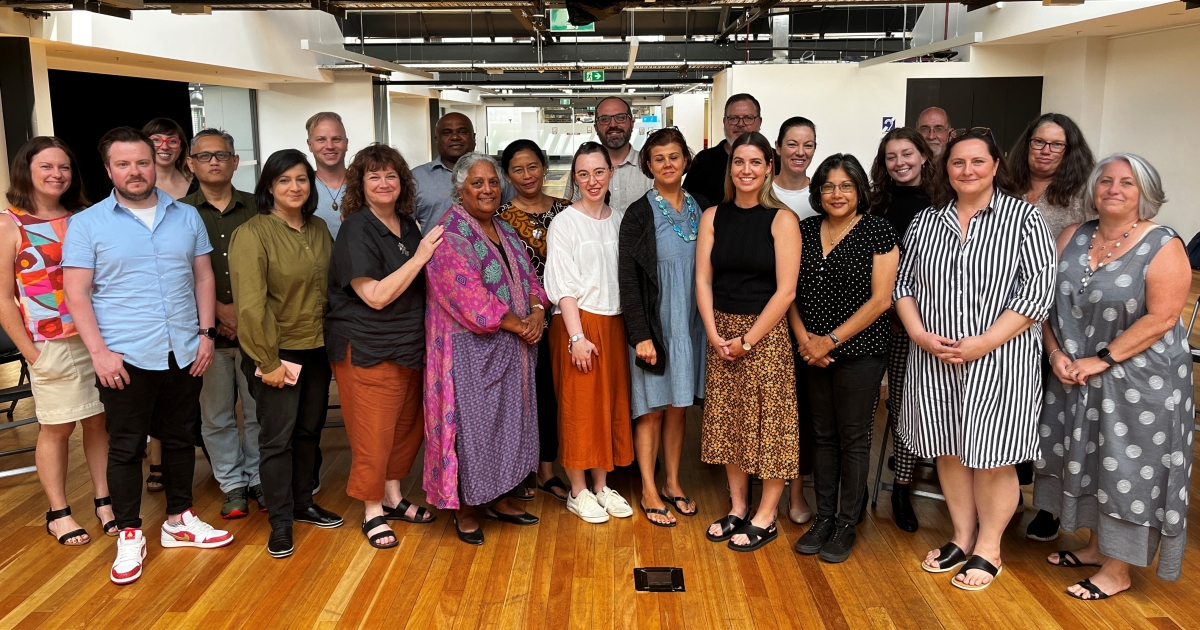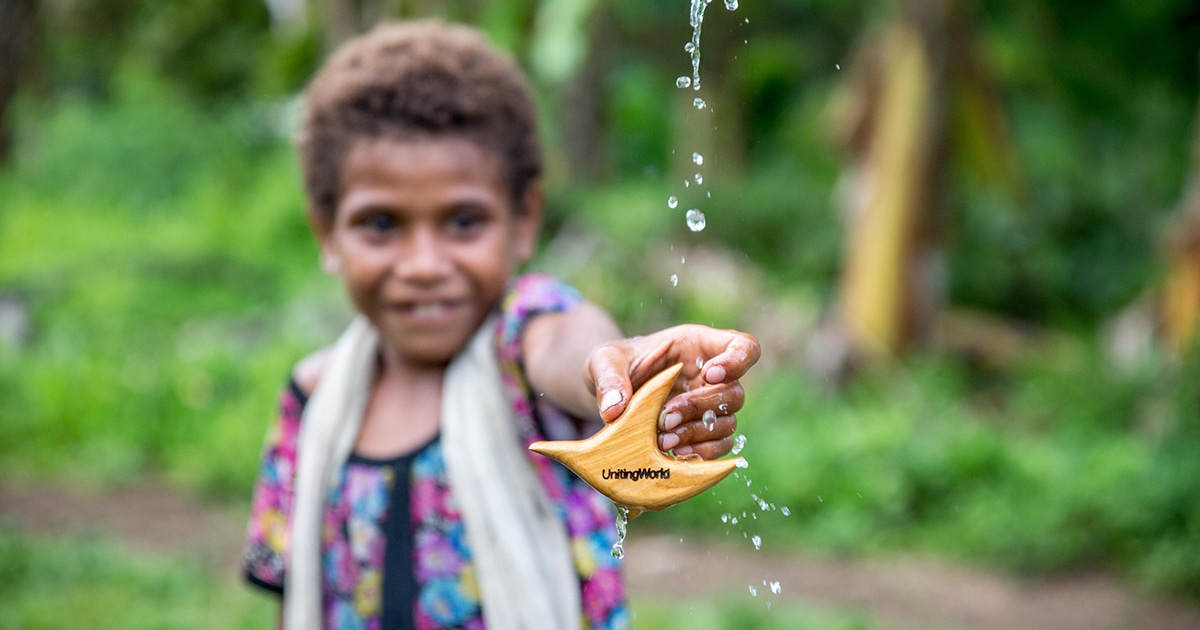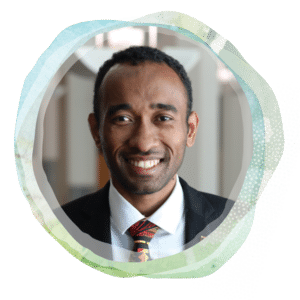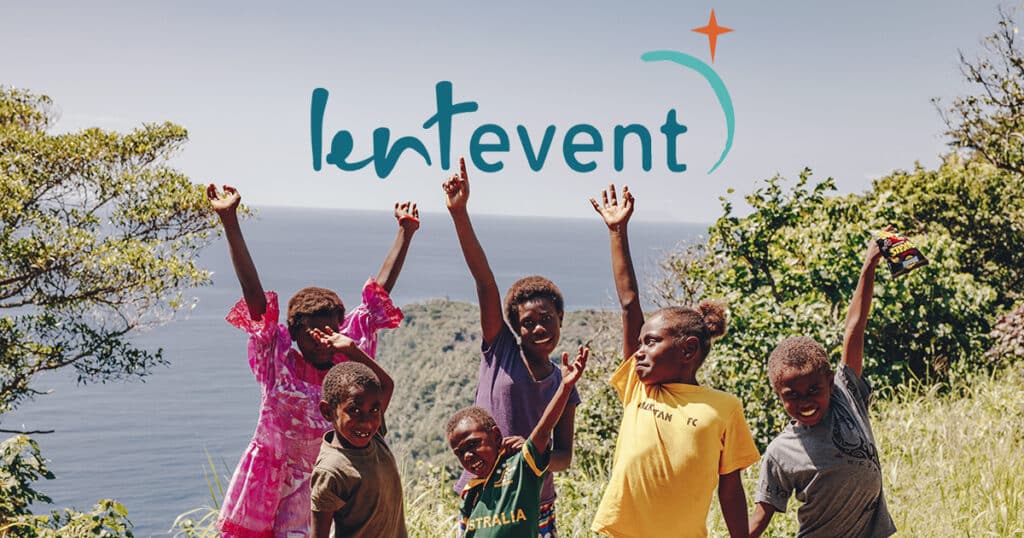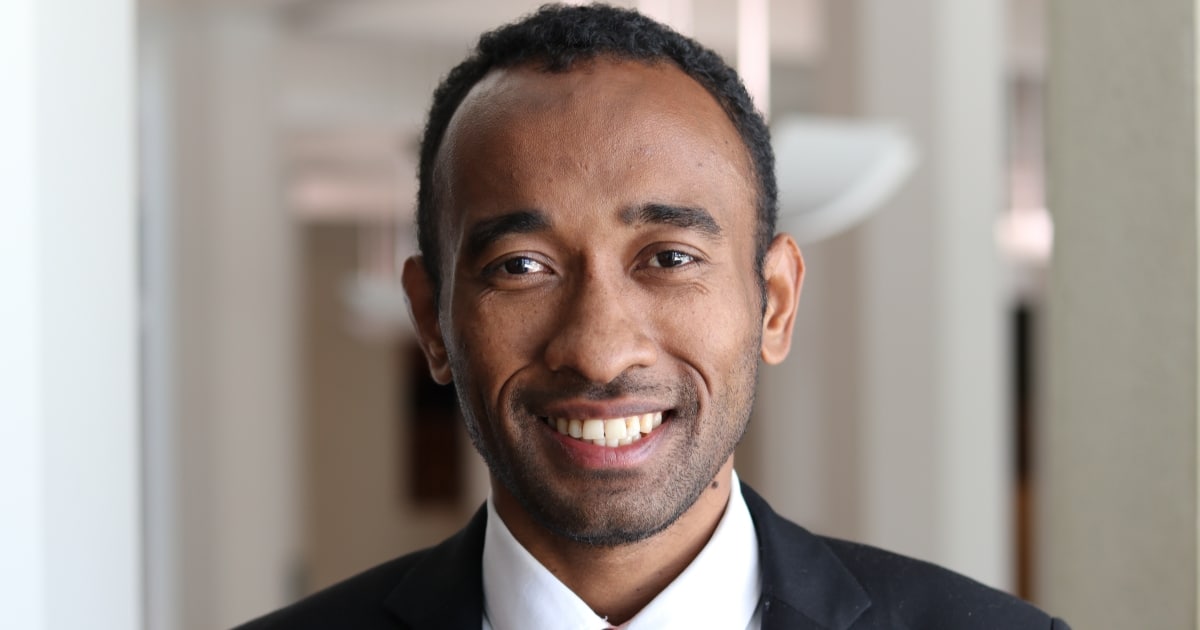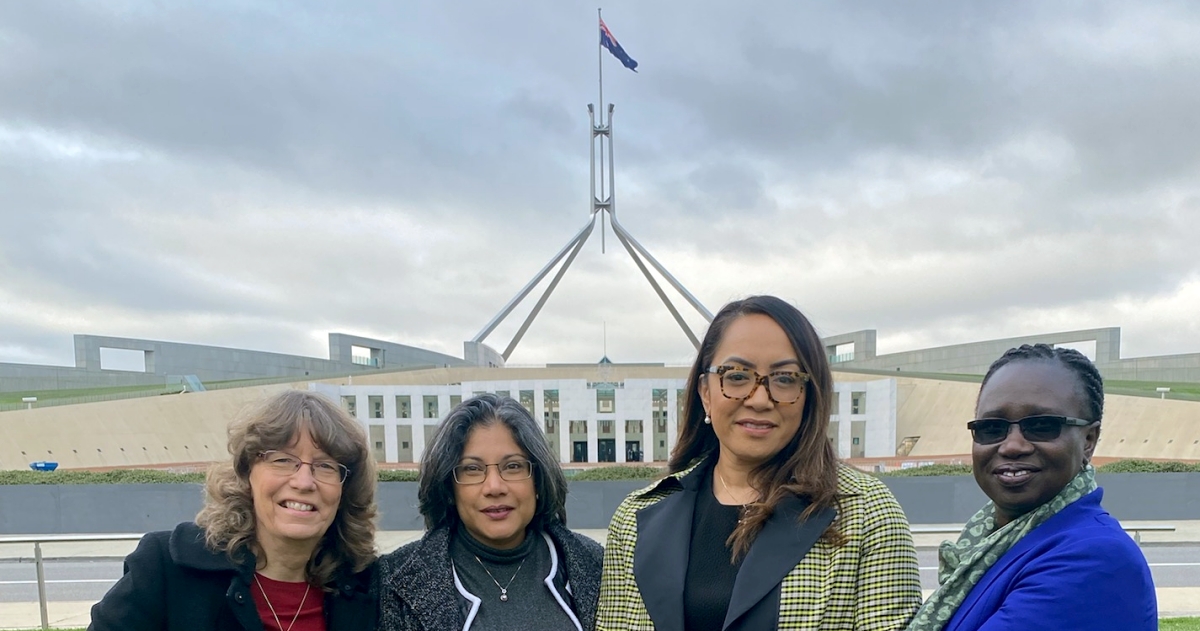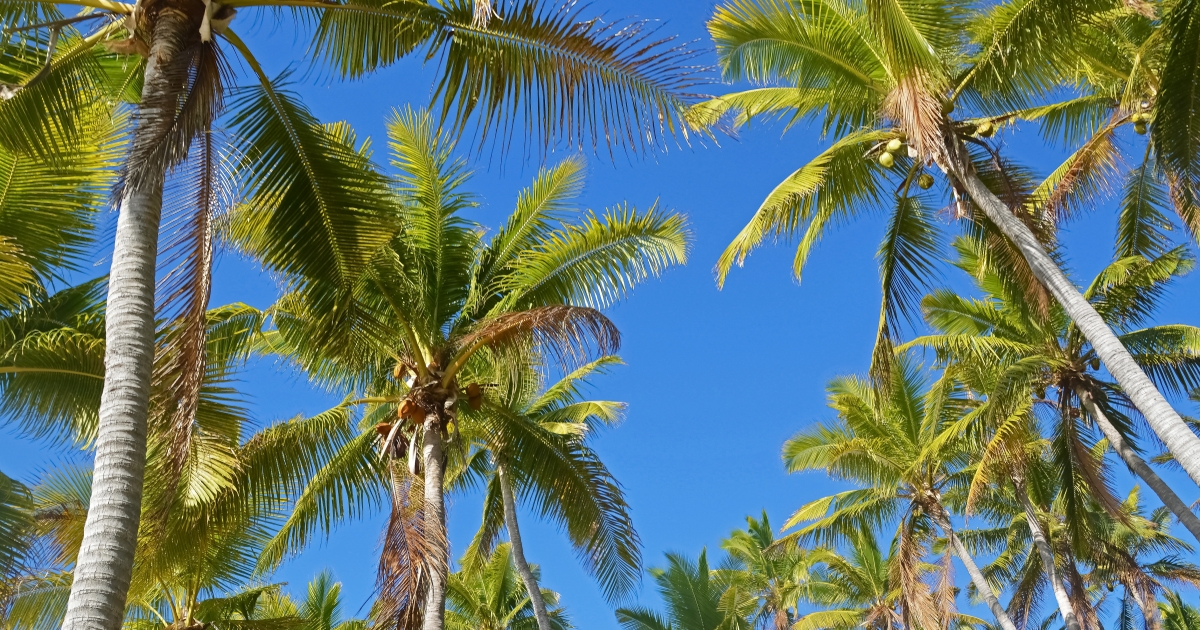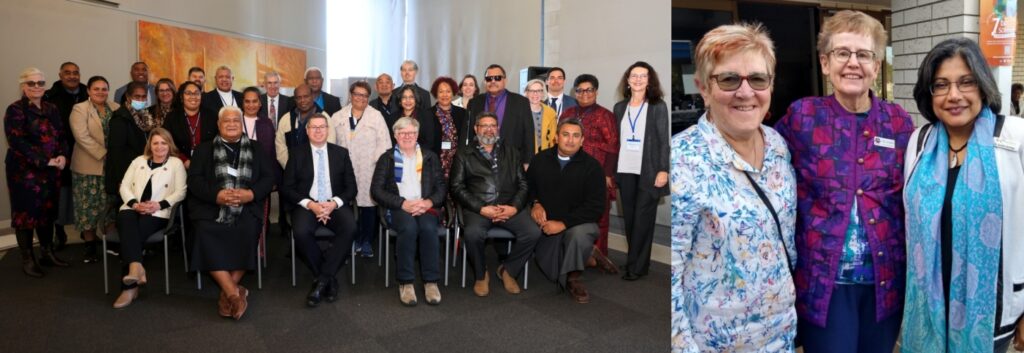Jane Kennedy signs off
This week we said a very grateful and fond farewell to Jane Kennedy, who has been serving with us in various roles for a decade. We asked her to share a reflection on her time at UnitingWorld, which you can read below.
She also spoke about her time at UnitingWorld to UCA President Rev Sharon Hollis on her podcast. You can listen to it here.
I started at UnitingWorld in 2013 working with our Papua New Guinea and Vanuatu partners and recently counted 25 and 14 trips respectively over 5 years! I loved getting to know the partners so well during these trips and supporting their work, marveling at their resilience and their joy, seeing places many Australians have never heard of or only aware if they were birdwatchers or jungle trekkers! We ate meals together, I witnessed community life lived as it would have been hundreds of years ago, perhaps took too many risks traveling through conflict areas and into remote villages to better understand the context. I visited 11 provinces of PNG and three islands of Vanuatu, the beauty and the challenge often visible in equal measure. I loved it all.
My next role was as Associate Director of our Asia and Africa projects and I led a team of program managers working closely with our partners across South East Asia and South Asia as well as Zimbabwe and South Sudan. Some of the most incredible travel experiences of my life were in these regions and the warmth and hospitality of our partners and their communities was life giving. Not to mention the incredible food!
For the last 18 months I have been the Head of Programs working with all our partners. Our team of program managers is so committed and connected to the work our global partners are doing across the world and it’s been wonderful to witness the breadth of it. I will miss the warmth and passion of our partner teams and the ways in which they serve without question within their churches and regions, often, in fact usually, in the face of impossibility difficult circumstances.
It’s easy to see ourselves in a wealthy country like Australia as the ones doing the giving, of coming to support those less fortunate. But I’ve learnt that I am the one less fortunate when it comes to the richness of relationships and community our partners have invited me into over the years. They process poverty and disasters and heal in community, they understand their true wealth is in their interdependence with each other and their sense of land and place. They place value on celebratory meals and henna, flower arrangements, locally made fabrics, song and dance. It’s our role to transfer the wealth and shift the power however we can. As our strategic documents say, giving money in this way is not largesse, but justice.
The UnitingWorld team and the Uniting Church is better for being in relationship with our global partners, both in listening when they ask us to hold our own government to account and learning how to face our own hardship. I am better for knowing them and their generosity.
I will miss our Australian team also but am grateful for lifelong friends, some funny and beautiful memories and the opportunity to be a part of something so transformational in the world.
-Jane
What’s next?
Jane will be completing her studies in counselling and psychotherapy and plans to focus on trauma-informed programming in the aid sector and freedom from religious trauma. We wish her all the best on her next adventure!


